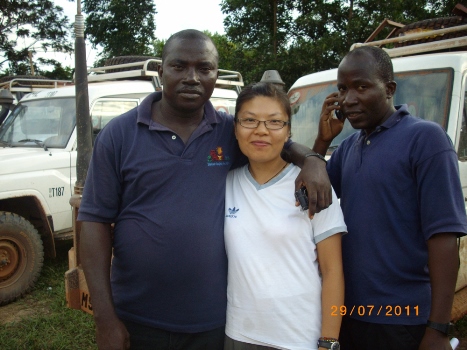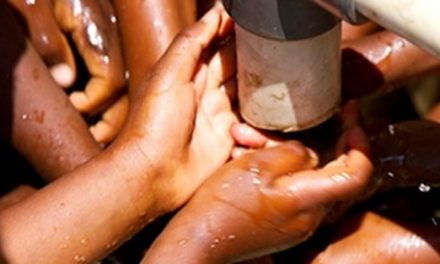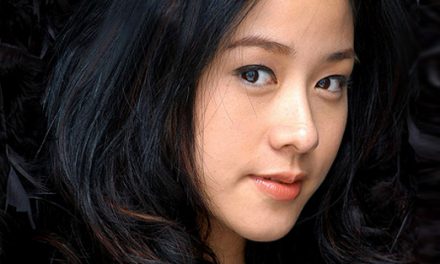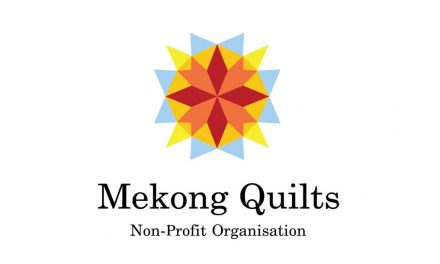Lucy is a logistician from Hong Kong, she joined MSF in 2011 and went to the MSF mission in Liberia. After she finished her mission, she keeps on supporting MSF’s work from HK.
“You can really build a latrine and a building, and people can really use it and benefit from it the next day. This is a very satisfying job.”
Lucy: The “weaker sex” building latrines
“As I always say, MSF’s projects are a paradise for engineers. You can really build a latrine and a building, and people can really use it and benefit from it the next day. This is a very satisfying job.”
Lucy LAU is a mechanical engineer from Hong Kong who joined MSF in 2011. In the same year, there were violent clashes in Ivory Coast and 38,000 people fled to Limba County in the neighbouring country of Liberia. MSF launched relief work there, and Lucy was part of the logistical team.
Lucy admits she is a “fidget”, who likes travelling around to explore and experience different cultures. She also respects emergency relief work as the vital response to people in need. This belief has linked her with MSF, and thus she became part of the MSF team.
As one of the “weaker sex”, Lucy had received many kind reminders before going to the field. “Somebody suggested that I should pretend that I was already married when I was working in the field, because some local people may want to take advantage of single foreign women. But I didn’t resort to that,” Lucy said.
Lucy recalls an interesting experience as a female working on the front line. She was the only international field worker permanently based at the outreach post, while the other people who stayed with her were all local medical and logistical staff. “Sometimes when the cook was off duty, the male staff members would simply cross their arms, expecting the female would go to the kitchen to prepare for meals automatically. Although I like cooking, I was amazed by this kind of natural division of labour among the males and females,” Lucy said.
On the front line, Lucy was directly supervising five or six male staff members including drivers, logisticians and assistants. She recalls the time when she started the mission, “people would first see me as a female, but not an international relief worker who really came to work.” Lucy’s capability was also questioned given her limited experience in projects. On top of all that, whenever she discussed project costs with local contractors, they always raised the price.
As time went by, Lucy developed solid relationships with the local staff members and contractors, and the problems she encountered before were solved. “A month later, I started to get along with the local team. I also felt that project costs were lower than before, and I became bolder in bargaining with the contractors,” she said.
Challenges came one after another on the front line, but as Lucy worked against all odds, she not only won the trust from local people and refugees, but also made the refugee camp a better living environment, a very concrete support to those who were forced to leave their home countries because of violence.
Source and Photo: Médecins Sans Frontières Hong Kong











